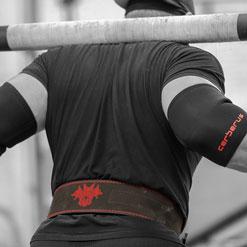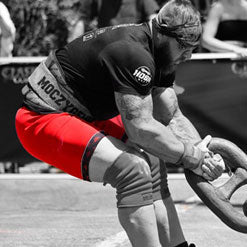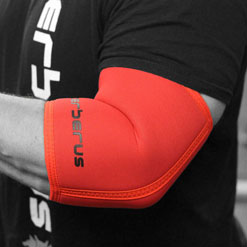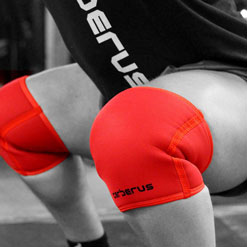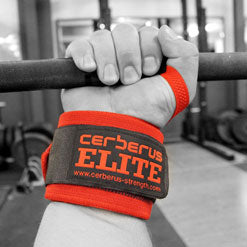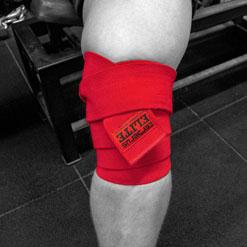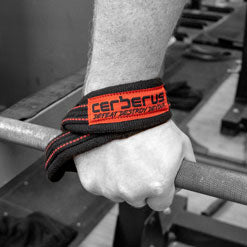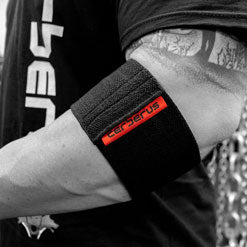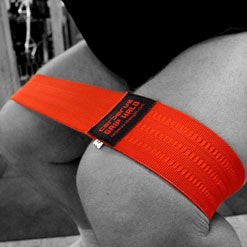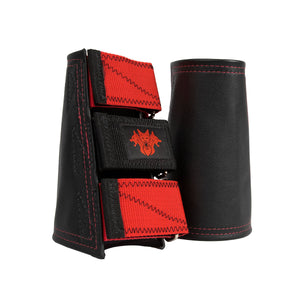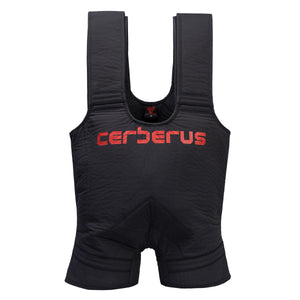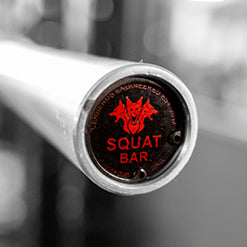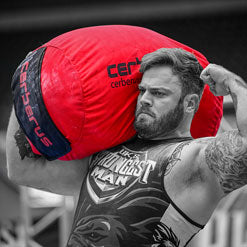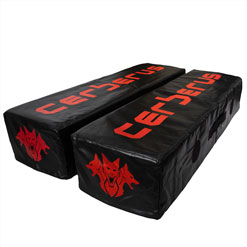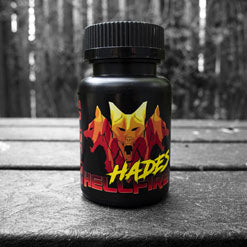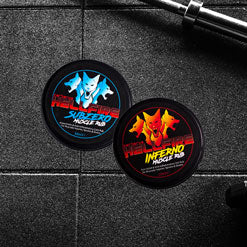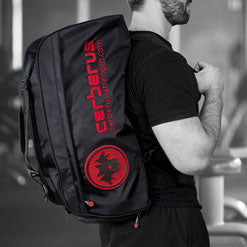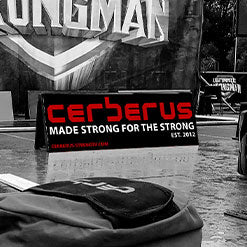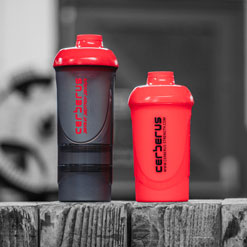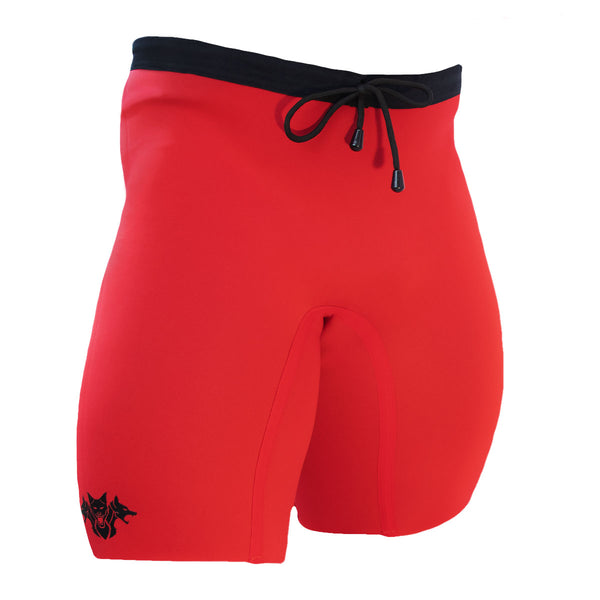
Strongman/woman training is an extremely physical demanding endeavor that requires high levels of strength, power, and endurance. Athletes participating in the sport push their bodies to the limit, through a wide array of disciplines and by using different energy systems as well. With such intense training, it is crucial to prioritize recovery to prevent injuries, optimize performance, and promote overall well-being. In this article, we will explore some effective recovery methods to keep you firing on all cylinders.
1. Rest and Sleep:
One of the most fundamental aspects of recovery is getting enough rest and quality sleep. During intense training sessions, muscles undergo micro-tears, and rest allows them to repair and grow stronger. Aim for 7-9 hours of uninterrupted sleep each night to facilitate the recovery process. Additionally, incorporating short power naps during the day can help recharge your body and mind.
2. Nutrition:
Proper nutrition plays a vital role in recovery. After intense training, your body needs essential nutrients to repair damaged tissues and replenish energy stores. Focus on consuming a well-balanced diet that includes lean proteins, complex carbohydrates, healthy fats, and an abundance of fruits and vegetables. Adequate protein intake is particularly important for muscle repair and growth.
3. Hydration:
Staying hydrated is crucial for optimal recovery. Water is involved in numerous bodily functions, including nutrient transportation, waste removal, and temperature regulation. During intense training, you lose fluids through sweat, so it is essential to replenish them. Aim to drink at least 8-10 glasses of water per day, and increase your intake during training sessions. Additionally, consider incorporating electrolyte-rich beverages to help replenish lost minerals.
4. Active Recovery:
While rest is important, engaging in active recovery activities can also aid in the recovery process. Active recovery involves low-intensity exercises that promote blood flow, reduce muscle soreness, and enhance overall mobility. Examples of active recovery exercises include light jogging, swimming, cycling, yoga, or foam rolling. These activities help flush out metabolic waste products, increase nutrient delivery to muscles, and promote faster recovery.
5. Mobility and Stretching:
Strongman training often involves lifting heavy weights and performing explosive movements, which can lead to muscle tightness and reduced range of motion. Incorporating regular mobility exercises and stretching routines can help improve flexibility, reduce the risk of injuries, and enhance recovery. Focus on stretching major muscle groups, such as the hips, shoulders, back, and legs. Additionally, consider incorporating foam rolling or using a massage ball to release muscle tension and promote blood flow.
6. Cold and Heat Therapy:
Cold and heat therapy can be beneficial for recovery. Cold therapy, such as ice baths or cold showers, helps reduce inflammation, muscle soreness, and swelling. It constricts blood vessels, which can help flush out waste products and reduce tissue damage. On the other hand, heat therapy, such as hot baths or heating pads, promotes blood flow, relaxes muscles, and enhances nutrient delivery to tissues. Alternating between cold and heat therapy can provide a contrast effect, further aiding in recovery.
In conclusion, recovery is a crucial aspect of strongman training. Prioritizing rest, nutrition, and active recovery methods can help athletes optimize their performance, prevent injuries, and promote overall well-being. By incorporating these recovery strategies into their routine, strongman/woman athletes can ensure they are always ready to tackle their next training session with the intensity it deserves.









